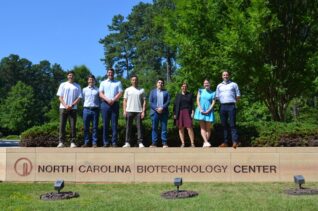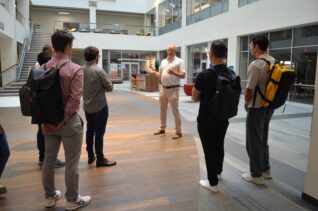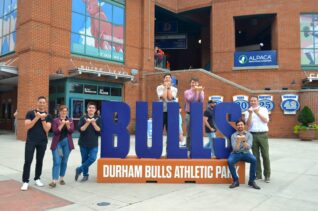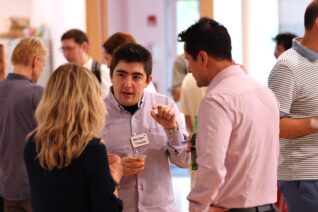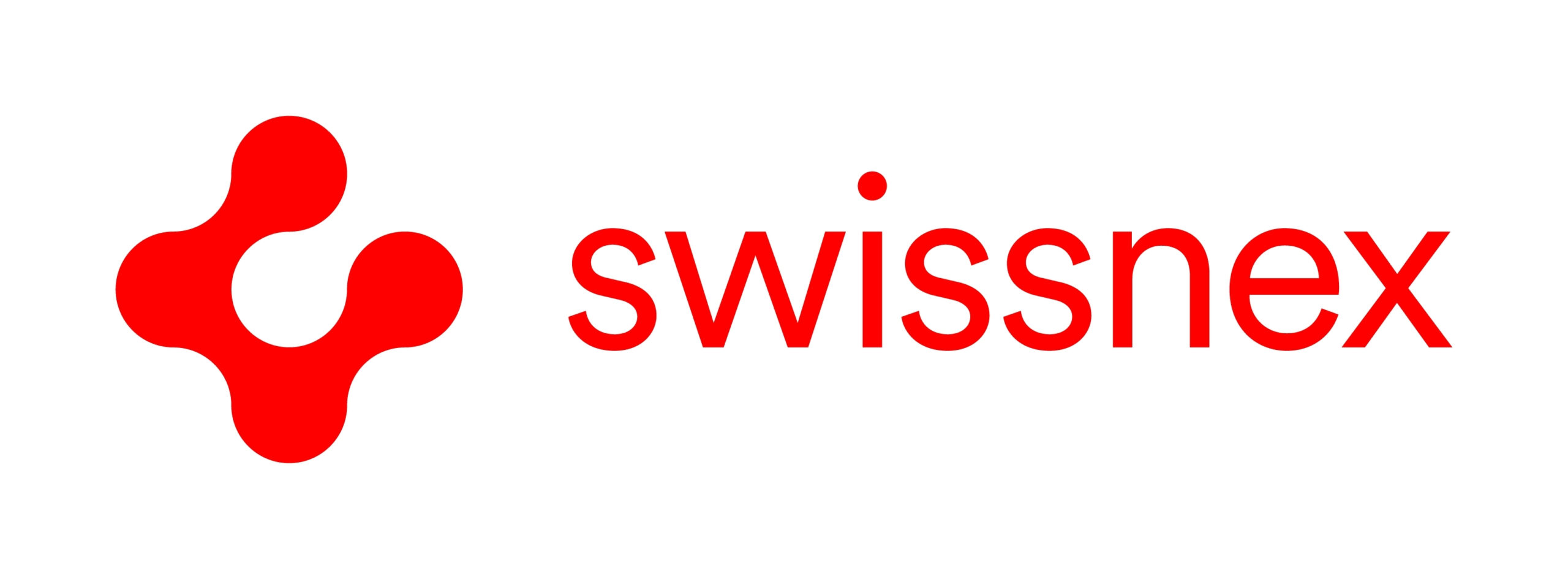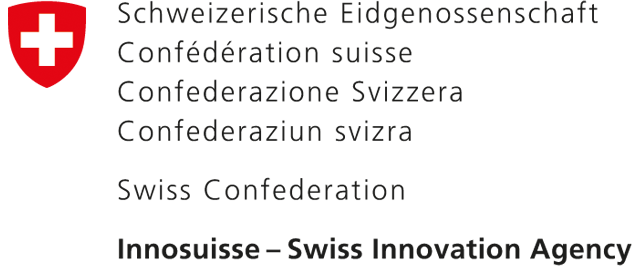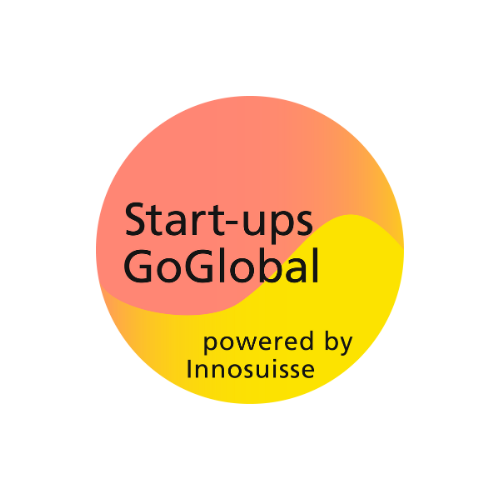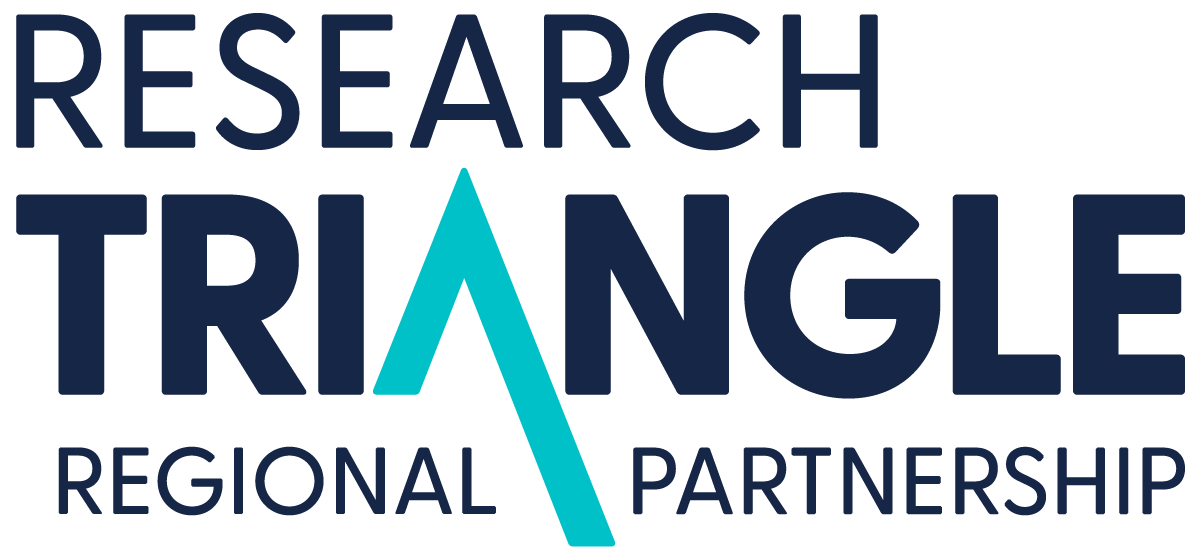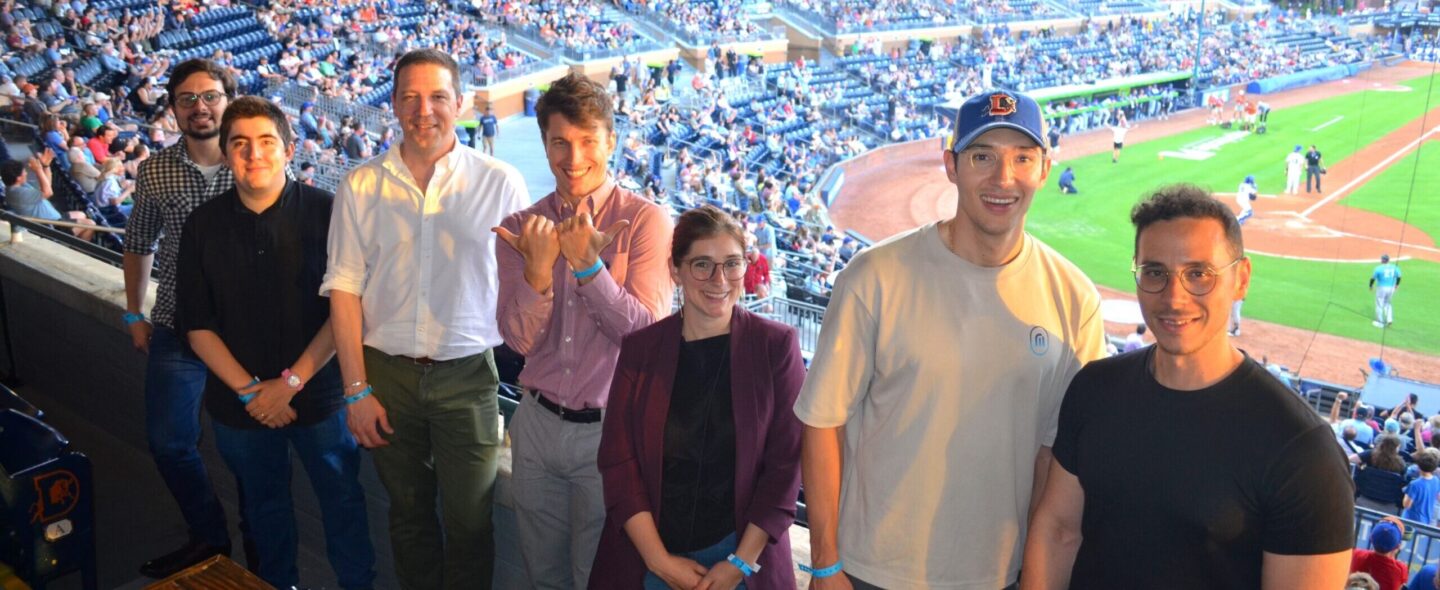
June 17, 2025 | Boston
For Swiss biotech startups looking to break into the US market, Massachusetts is often the first stop. Anchored by its world-class universities and research institutions, the Boston ecosystem is widely recognized as a leading global hub for life sciences. But there are many opportunities elsewhere in the US for startups that are ready to dig deeper. North Carolina’s Research Triangle is one.
This June, as part of the Startup Camps powered by Innosuisse, Swissnex brought a cohort of four Swiss startups to explore biotech opportunities in the Research Triangle and the Greater Boston Area. Over the course of a week, the participants got the chance to expand their networks, get insight from local experts, and explore market entry opportunities in each location.
The Research Triangle, like the Boston ecosystem, owes its success in the life sciences to its strong academic institutions—the region’s name refers to the cluster of three Tier 1 research universities: Duke University, North Carolina State University and University of North Carolina Chapel Hill. The Research Triangle Park, situated between the three universities, is the largest research park in the US, hosting over 300 companies, including many in biotech.
In comparison to Boston, the region offers several distinct benefits, including lower cost of living and proximity to manufacturing. The Swiss startups were impressed by the depth of the ecosystem. “What surprised me was how many resources are available in the Research Triangle area, and how intentional they are with the ecosystem. […] They really have built it up as a hub.” said Carin Lightner, CEO of Zurich-based ENANTIOS. Felipe Chippari, CFO of Ticino-based TissueLabs, remarked that, “North Carolina was not on our radar at the beginning, but now we’re considering it.”
“The idea of setting up a company here, now it’s much more clear, and I think we can do that much faster.”
Whether in Boston or North Carolina, certain lessons hold true for Swiss companies seeking to enter the US market. Through sessions with investors and local experts in both regions, the startups gained key insights to how to secure funding in the US. First, understanding the American mindset is key. “What is it that really resonates with US investors and US stakeholders more broadly? We’ve gotten to understand that through different interactions […] and I think being more direct, more simple and concrete usually is more compelling for them,” said Kamil Seghrouchni of Lausanne-based Isospec Analytics.
Second, establishing a physical and legal presence in the US is key. “The more I talk to people here, it’s been quite clear that the startup needs to have a foothold here in the US in order for it to be attractive as an opportunity for the US investors, and also to do business,” said Seghrouchni. But establishing that presence might not be as hard as expected. “Our initial thought was, okay you need to make a huge investment, and I need to move here. […] But we can do a soft landing first,” said Chippari. According to Gabriel Liguori, TissueLabs’ CEO, “The idea of setting up a company here, now it’s much more clear, and I think we can do that much faster.”
Participants reflected positively on their week-long immersion. “For me, the fact that it was hyper-personalized, I really enjoyed it. We’ve been getting direct support from [Swissnex staff] to do some warm intros that really went a long way,” said Seghrouchni. “Being able to rely on the Swissnex team, even before the camp itself, was a huge advantage.” For Chiparri, “the quality of the people that [Swissnex] bring[s] into the conversation is very high.”
For future participants, they had the following advice: don’t wait. “Do it as early as possible,” said Elia Guzzi, CEO of Zurich-based InkVivo, “because it’s going to open your eyes for how people think here.”
-
![]()
Video
Gallery
-
More photos
![]()
-
Gallery
![]()
-
![]()
-
![]()

